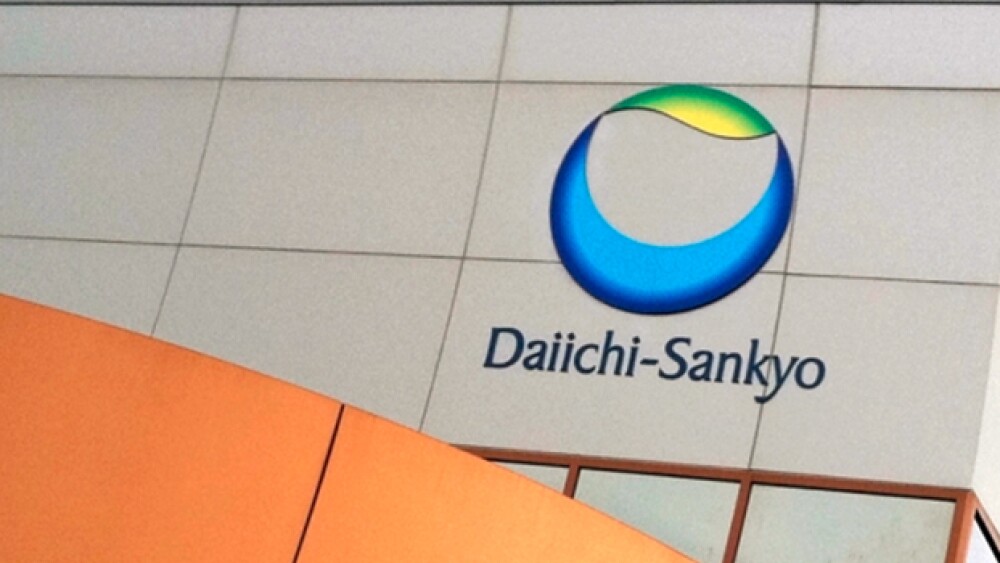A phase 3 study from Daiichi Sankyo Company conducted in Japan, South Korea and Taiwan found that mirogabalin, an orally administered gabapentinoid, was associated with a significantly greater improvement in pain among patients with central neuropathic pain after spinal cord injury compared with placebo.
A phase 3 study from Daiichi Sankyo Company conducted in Japan, South Korea and Taiwan found that mirogabalin, an orally administered gabapentinoid, was associated with a significantly greater improvement in pain among patients with central neuropathic pain after spinal cord injury compared with placebo.
The study included 274 patients with central neuropathic pain after spinal cord injury who were randomly assigned to either mirogabalin or placebo. Researchers of the study assessed the change in the average daily pain score, from baseline to week 14. The study found mirogabalin was superior to placebo for improving pain scores over this time period. In addition, the study investigators found no additional safety concerns.
Daiichi Sankyo started Phase III trials for mirogabalin in 2015 starting with the REDUCER (An Asian, phase 3, multicenter, RandomizEd, Double-blind, placebo-controlled 14-week stUdy of DS-5565 in patients with diabetiC pEripheral neuRopathic pain followed by a 52-week open-label extension) study and the NEUCOURSE (An AsiaN, phasE 3, mUltiCenter, randomized, dOUble-blind, placebo-contRolled 14-week study of DS-5565 in patientS with postherpetic neuralgia followed by a 52-week open-label Extension) study.
The recent study findings support results from prior studies conducted by the company in the field of chronic and disease-related pain. Back in 2017, Daiichi Sankyo announced top-line results from a Phase III trial showing mirogabalin was superior to placebo for reducing diabetic peripheral neuropathic pain. Similar to the recent study in central neuropathic pain, investigators in the 2017 study found mirogabalin resulted in significantly greater reductions in the weekly average daily pain score from baseline to week 14. There were also no significant safety concerns in this trial.
Pain management has been of particular interest to Daiichi Sankyo, but so far the most promising late-stage studies have been primarily centered in Asia. Just last year, the Japanese pharmaceutical company pulled out of the U.S. pain management market after the company’s CEO decided to shift its focus to oncology. Also, Daiichi Sankyo gave back Movantik, an opioid-induced constipation therapy, to AstraZeneca last year.
As it shifts to oncology in the U.S., Daiichi Sankyo announced plans to create an oncology business unit, appointing the company’s president and CEO of the U.S. Ken Keller to the role of U.S. business chief once it opens April 2021. A statement made by the company says the new business unit will align “The U.S. and European oncology businesses, global oncology functions of marketing, market access and pricing, medical affairs as well as alliance management under one team singularly devoted to people with cancer.”
This transition from a small-molecule metabolic and cardiovascular pharmaceutical organization to an oncology biologics maker is part of Daiichi Sankyo’s 2025 business plan. So far, the shift to oncology has landed the company one major approval, with other imminent approvals likely on their way. In January, the company and AstraZeneca’s HER2-targeting therapy Enhertu was approved as a third-line therapy for hard-to-treat metastatic breast cancer therapy. The approval triggered a milestone payment of $125 million from AstraZeneca to Daiichi Sankyo.
Also, Enhertu was recently granted priority review from the U.S. Food and Drug Administration (FDA) for the treatment of HER2-positive, metastatic gastric or gastroesophageal junction cancer. The FDA will make the final decision on whether to approve this drug in early 2021.
Featured Jobs on BioSpace





